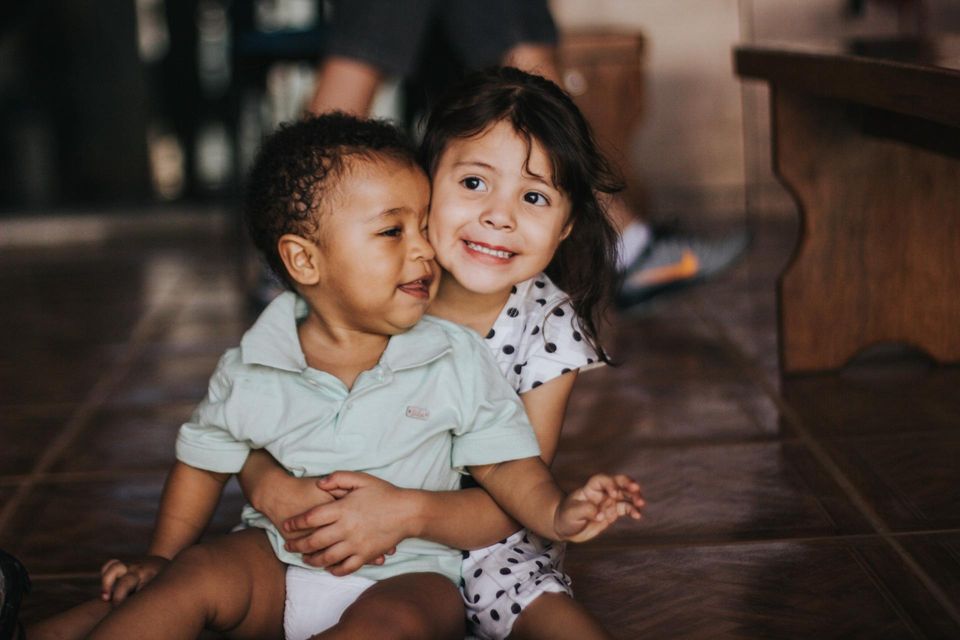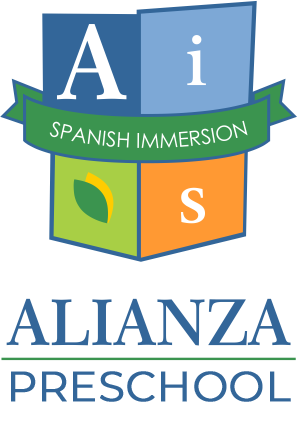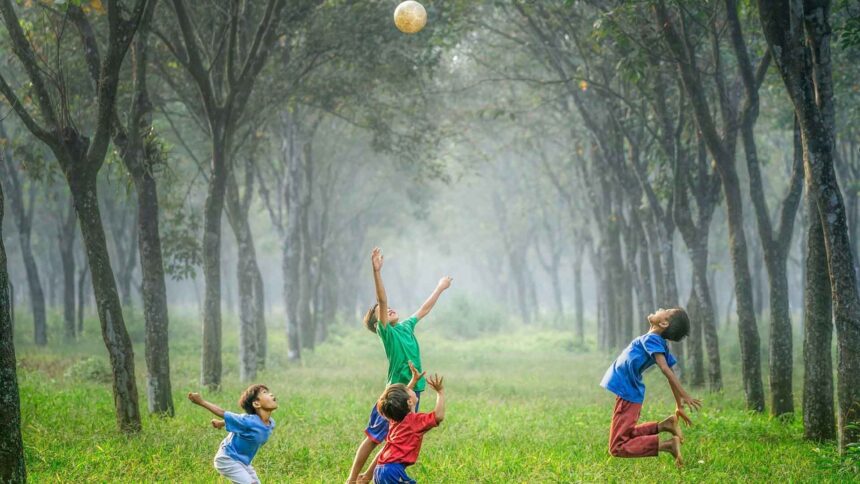“He was only a fox like a hundred thousand others. But I made him my friend and now he is unique in the world.” The Little Prince

Social interaction in children is not only a factor associated with fun and recreation, but it becomes a critical element when it comes to the development of personal and social identity, as well as their own personality, it is there where the relationship plays an important role for the development of an autonomous, independent and self-confident adult human being, since according to many studies in psychology, identity and self-esteem have a close and direct relationship.
When we observe people, their social networks or their conversations, we can see that people can describe themselves through their traits: cheerful, extroverted, introverted etc. or, through the social groups to which they belong: doctor, engineer, artist etc., this is what psychology defines as the self-concept, which is the construct of two identities: The social identity and the personal identity, where this development is very much based on the relationships that we build from early childhood and the quality of these relationships, hence its importance.
The first relationship of every child is with his or her parents, where the affective bond becomes highly relevant in the emotional security and identity of the youngest, and through these interactions a particular vision of the world begins to be established, based on a conception of values, norms and principles that give foundation to the personality. On the other hand, during the child’s growth, conflicts with parents and caregivers develop and, depending on how well they are handled, lead to the expansion of children’s self-knowledge about their tastes and preferences, as well as their abilities related to establishing requests and generating agreements and concessions, which in the adult human being are important factors for bonding and social satisfaction.
In the preschool stage, children begin to relate to other children, which allows them to develop skills to create and maintain relationships, where conflict resolution, the communication process, initiative and negotiation are fundamental in this process.
Likewise, through relationships with their friends, they begin to explore and learn important factors for satisfactory social coexistence such as empathy, commitment, respect and value for differences, which is why the preschool stage plays a fundamental role in the formation of these skills, since a process guided by professional pedagogues and psychologists at an early age, significantly increases the probability of success in the development of these skills.
According to María José Roldán, Licensed Psychopedagogist and Special Education Teacher by the University of Barcelona, friendships not only provide a source of development of skills, but also provide another source of security and support in addition to the security and support they receive from their parents, which is essential for the proper development of intelligence and emotional health of children.
Given all of the above, we can understand the importance of creating a social circle beyond the family, which allows the potential development of children to turn them into capable, conscious, secure and satisfied adults with their lives, who can collaborate in the development of the family and society as a leading actor in the process.

